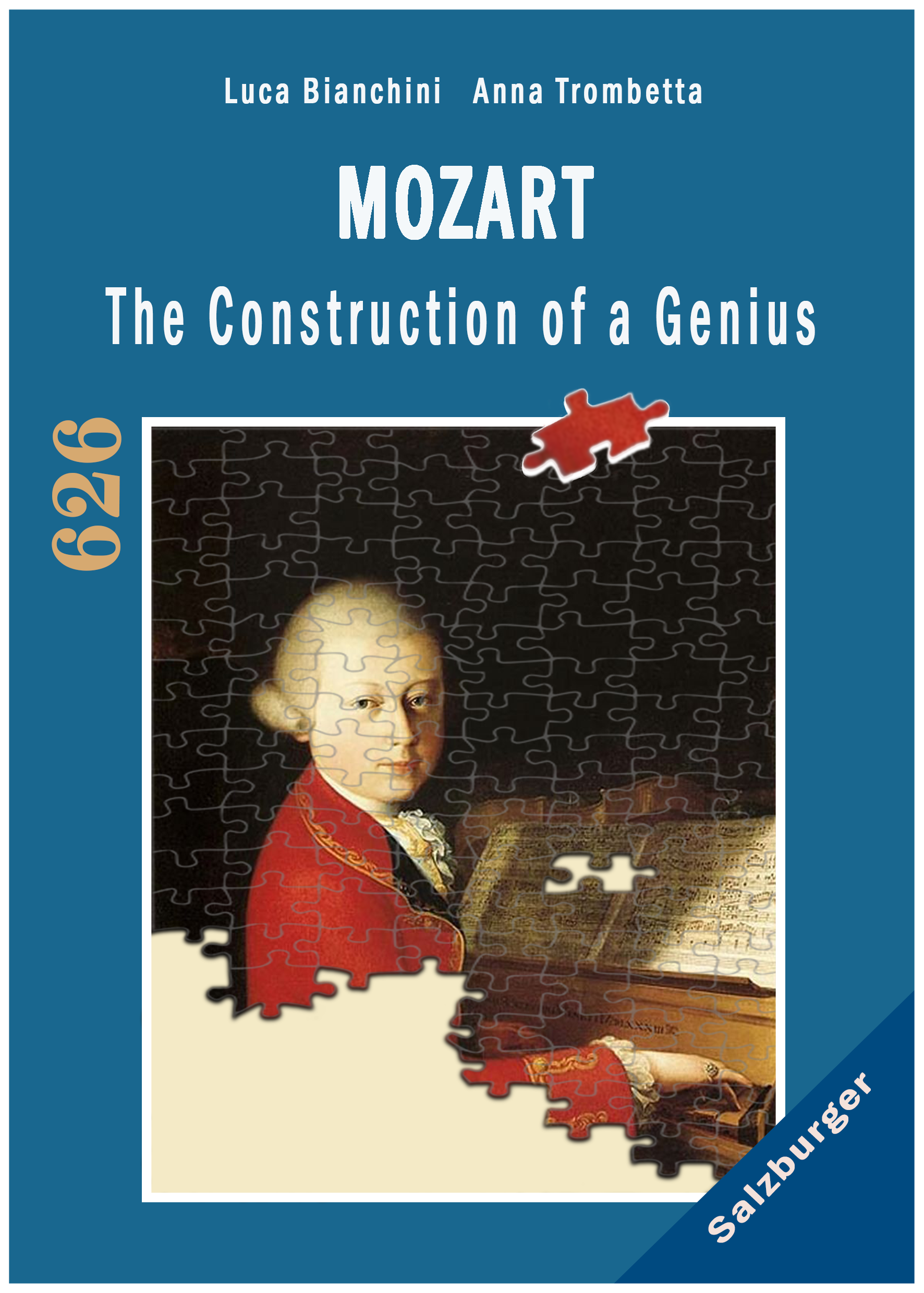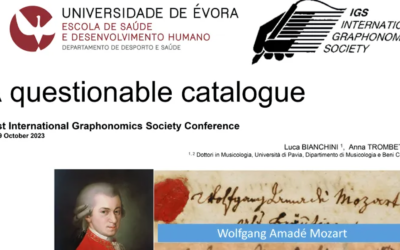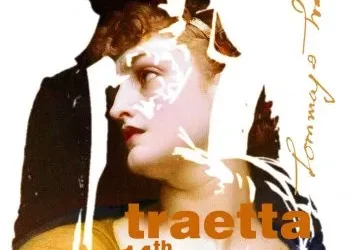Australian Scholars Confirm Mozart Catalogue Forgery
They support our findings on the falsification of Mozart’s works.
Professor Martin Jarvis of Darwin University, alongside forensic expert Professor Heidi H. Harralson, confirmed our long-held findings that Mozart’s personal catalogue is a forgery during his recent lecture The Mozart Scam. Forensic analysis continues to unravel the myths surrounding Mozart’s legacy.
Mozart: The Construction of a Genius
This enlightening volume deciphers the myriad of myths enshrouding Wolfgang Amadeus Mozart, shedding light on how portrayals of his genius have been manipulated for diverse purposes. It explores the transition of Mozart’s image from a means to mitigate Constanze’s financial distress to a representation of national valour and, subsequently, a commercial label, demonstrating how his myth has morphed through the ages.What dynamics post-1791 contributed to the moulding of Mozart’s lasting myth? This pivotal work by scholars Luca Bianchini and Anna Trombetta delves into biographical facts, musical compositions, and pertinent writings to unveil a disconcerting reality: the esteemed Mozart’s Thematic Catalogue, spanning February 9th, 1784, to November 15th, 1791, is an intricate forgery from the late 18th century.This revelation is corroborated by the scholarly paper ‘A Questionable Catalogue’, presented by the authors in October 2023 at the 21st International Conference of the Graphonomics Society at the University of Évora, Portugal.
"I am delighted that our research has provided evidence to support the proposition, made by Luca Bianchini and Anna Trombetta, that the Thematic Catalogue is not what it purports to be; we have concluded that it is a counterfeit document."
Professor Martin Jarvis
In an exciting development from Australia, Professor Martin Jarvis of Darwin University recently delivered a groundbreaking lecture titled The Mozart Scam, where he addressed the forensic investigation into the authenticity of Mozart’s handwriting. During this prestigious conference, Jarvis mentioned our research and praised our books, Mozart: The Fall of the Gods and Mozart: The Construction of a Genius, for shedding light on the myths surrounding Mozart’s legacy.
Jarvis’s lecture explored his collaborative work with forensic handwriting expert Professor Heidi H. Harralson of East Tennessee State University. Together, they have conducted an in-depth analysis of Mozart’s violin concertos, revealing that the dates of these works had been altered, and two of the concertos are not autographs by Mozart, as previously thought. This supports the findings in our earlier publications, confirming that many elements of Mozart’s legacy are based on false assumptions.
Their forensic analysis of the personal catalogue attributed to Mozart from 1784 to 1791 also confirmed what we have long argued—the catalogue is a forgery. These results, which align with our own research first presented in Mozart: The Fall of the Gods, are backed by independent studies conducted across Europe and beyond, including advanced computer data analysis from Prague.
This convergence of findings from both Europe and Australia only strengthens the case for a reevaluation of Mozart’s legacy, which has been inflated over time. As Jarvis and his colleagues continue to scrutinise the historical evidence with forensic rigour, more truths about Mozart’s life and works are being revealed, supporting the conclusions we reached years ago.
You May Also Like
K.143: A Recitative and Aria in the Shadows of Doubt
K.143 is a prime example of how Mozart scholarship has turned uncertainty into myth. With no definitive evidence of authorship, date, or purpose, this uninspired recitative and aria in G major likely originated elsewhere. Is it time to admit this is not Mozart’s work at all?
The Enigma of Mozart’s Symphony K.73
The Symphony in C Major K.73 has long puzzled Mozart scholars. Touted as a youthful work of prodigious talent, its origins are murky at best. The title “Symphony,” inscribed on the first page of the autograph, is devoid of the composer’s name, casting immediate doubt on its attribution to Wolfgang Amadeus Mozart. Was this truly his work, or is the Symphony yet another victim of overzealous attribution?
Mozart’s Thematic Catalogue Exposed as a Forgery
A groundbreaking forensic analysis reveals that Mozart’s thematic catalogue, long thought to be his own work, is a posthumous forgery. This discovery, detailed in Mozart: The Construction of a Genius, turns centuries of Mozart scholarship on its head, demanding a re-examination of his legacy.
Bologna Connections
Quirino Gasparini’s rediscovered Mitridate aria takes centre stage in Bern and Basel, shedding light on Mozart’s reliance on this forgotten composer.
International Traetta Award
We are thrilled to announce that the 14th International Traetta Award has been bestowed upon Anna Trombetta and Luca Bianchini. This prestigious recognition honours their outstanding dedication to musicological research on primary sources of the European musical repertoire, offering significant contributions to reshaping the historiography of 18th-century music.
A Legacy Rewritten by the Shadows of History
Mozart’s image, often regarded as a universal symbol of musical genius, was heavily manipulated by the Nazi regime, a fact largely ignored in post-war efforts to “denazify” German culture. From propaganda-driven films to anti-Semitic narratives, Mozart’s legacy is far more complex and troubling than we are often led to believe.







